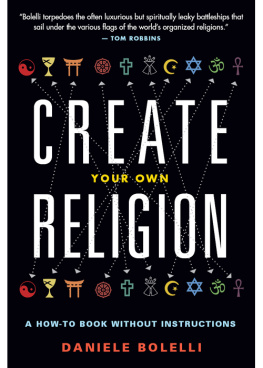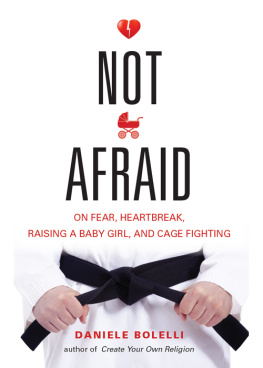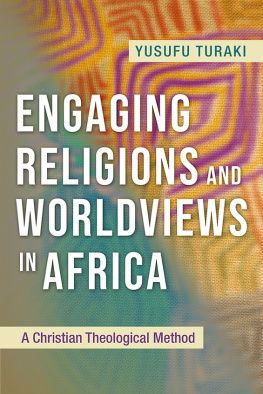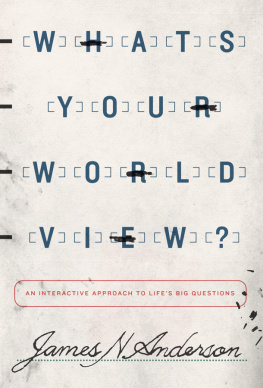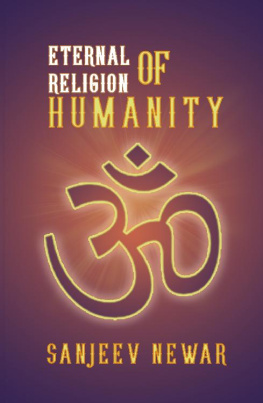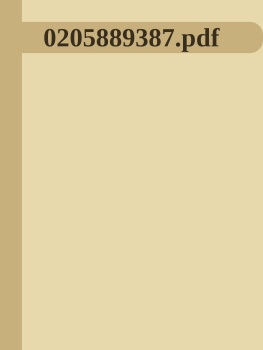
Published by Disinformation Books
An imprint of Red Wheel/Weiser, LLC
With offices at
665 Third Street, Suite 400
San Francisco, CA 94107
www.redwheelweiser.com
Copyright 2013 by Daniele Bolelli. All rights reserved. No part of this publication may be reproduced or transmitted in any form or by any means, electronic or mechanical, including photocopying, recording, or by any information storage and retrieval system, without permission in writing from Red Wheel/Weiser, LLC. Reviewers may quote brief passages.
ISBN: 978-1-938875-02-1
Library of Congress Cataloging-in-Publication data available upon request
Cover design by Jim Warner
Interior design by Dutton & Sherman
Typeset in Adobe Garamond Pro and Univers LT Std
Printed in the United States of America
TS
10 9 8 7 6 5 4 3 2 1
Disinformation is a registered trademark of The Disinformation Company Ltd.
The paper used in this publication meets the minimum requirements of the American National Standard for Information SciencesPermanence of Paper for Printed Library Materials Z39.48-1992 (R1997).
www.redwheelweiser.com
www.redwheelweiser.com/newsletter
CONTENTS
CHAPTER 1
A CALL TO ARMS: CREATE YOUR OWN RELIGION
What you are holding in your hands is not another angry, organized religion-bashing atheist book; it is not a New Age self-help book revealing the deep secret that positive thinking is better than negative thinking; and it most certainly is not an academic dissertation on the world's religious traditions.
It is true that a strange twist of fate has pushed me into an academic career teaching university courses on the history of religion as well as a few other subjects. It is also true that in these pages you will find references to individuals and practices from many religious traditions that may not exactly be common knowledge to those readers who have better things to do than pore through impossibly thick volumes on the topic. But make no mistake about itthis is not an academic work. Most scholars love spending their time devising new ways to dissect knowledge into tiny compartments and making it completely irrelevant to anyone's lifedusty creatures who forgot that real life takes place outside of the library. The game is being played in front of their eyes, but rather than joining it, they prefer to sit on the sidelines and observe. No, this book is about real life, and as such, it dwells outside the boundaries of academic knowledge.
Since I have spent quite a few lines telling you what this book is not, now may be a good time to begin telling you what this book is. What you are holding in your hands is a call to arms. It is an open invitation to tackle the key questions at the root of all religious traditions and, for that matter, of life itself. It is an invitation to question all the values, all the beliefs, all the worldviews that humanity has so far held as sacred in order to find the answers we need to the very practical problems facing us. The goal is nothing short of reexamining what it means to be human and bringing a better way of life into existence.
If this seems like a daunting, overly ambitious goal, you are probably right. Timidity was never my strong point. This is not a task for small-minded people. We are on a quest to shake off the dust from the theoretical building blocks on which modern civilization rests. Our worldviews are in desperate need of some housecleaning. We enter the twenty-first century still carrying on our backs the prejudices and ways of thinking of countless past generations. What worked for them may or may not still be of use, so it is our job to save the tools that are still relevant and let go of the dead weight.
I am inviting you to embark on an adventure with a double purpose. The first is purely personal. On an individual level, one of the healthiest things we can do is question everything we have ever been taught. This is not motivated by disrespect or some adolescent desire to be rebellious. It is simply what becoming an adult is all about. Once we are old enough to figure things out for ourselves, we can look back at the beliefs we were taught to live by and decide what works for us and what doesn't. Any parent who is not a psychotic control freak would be proud to see his or her kids grow up to think for themselves. Most people, however, go through existence in a state of perpetual psychological infancy. They hold on to certain beliefs because that's what they were taught. They internalize some values as kids and never stop to think about whether those values are actually healthy or not. Like trained poodles, they will simply live their lives according to the rules that were passed on to them. They never become individuals, never psychologically grow up and choose their own valuesthey are mere machines replicating a program that was downloaded in their brains.
What this book proposes to do is to look at many religions' answers to the key questions of human existence and, on the basis of this knowledge, come up with our own answers. In some cases, what resonates as true to you may be identical to an answer that already exists within a certain religious tradition; in other cases, it may come from mixing answers from different traditions; and in yet other cases, you may end up rejecting everything that has been proposed so far and create new answers that satisfy you better.
This book is not going to try to sell you on a particular ideology. Obviously, I will be answering these questions from my particular perspective, but the goal here is not to turn readers into Bolelliclones going around spouting my ideas. I am not inviting you to trade a prepackaged ideology for a new one. I don't want to make anyone my follower, and I certainly don't want to be anyone's follower. Life is too short to spend it living according to somebody else's dogma. This is simply a blueprint to give you ideas and stimulate you to come up with your own worldview.
Moving beyond the individual level, the second purpose of this book is much more global in scale. Humanity today finds itself at the proverbial crossroad. On one side, we have the technological skills to dramatically improve life on the planet in very meaningful And this is exactly what this book is for. A better world needs to start somewhere, and there is no easier place to begin the work than in our hearts and minds.
I hold no nave expectation that humanity is going to achieve collective enlightenment any time soon. There is a thin line between idealism and self-delusion. If our hopes rested on a global awakening, we would be in serious trouble. Betting on gloom and doom would be much more logical. However, if a strong enough minority of people changed positively in their thought and capacity for action, and if most other people at least switched to less destructive beliefs, it would be more than enough to give cause for celebration.
Religion Is Here to Stay
So how does religion enter the picture? After all, wasn't religion supposed to become obsolete in the modern world? Scholars, journalists, and various pundits have been proclaiming for over a century that the popularity of religion would steadily decline. In an age in which science, reason, and separation of church and state are becoming the bedrocks of modernity, many expected it would just be a matter of time before religions would fade away.
If there were a prize for the least successful prophecy in recorded history, this would be a top contender. Forget fading away. Flying in the face of what the experts predicted, religion remains as important today to billions of people around the world as it ever was. The only place religion has declined in popularity is Western Europe, where mostly secular outlooks dominate, and overcrowding is never an issue in church. Put your finger anywhere else on the map and you will run into a very different story. With the end of the Cold War, more wars are waged now because of religion than for any other ideological reason. Religious doctrines affect the laws and policies of most countries on earth, including those that are theoretically based on separation of church and state. The clash between religious conservatives and those arguing for more individual freedoms that for several decades has characterized the political discourse in the United States is becoming a global phenomenon.
Next page
